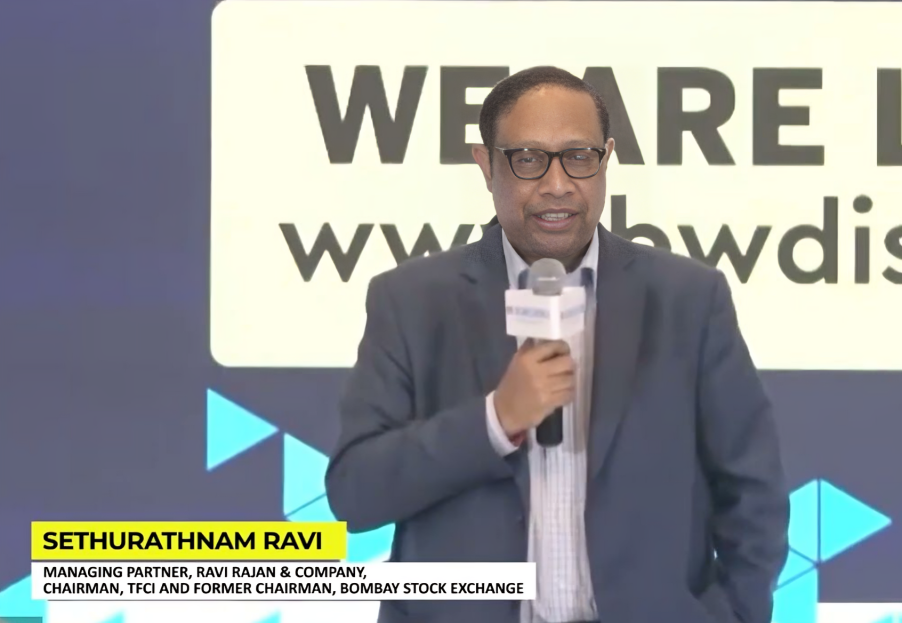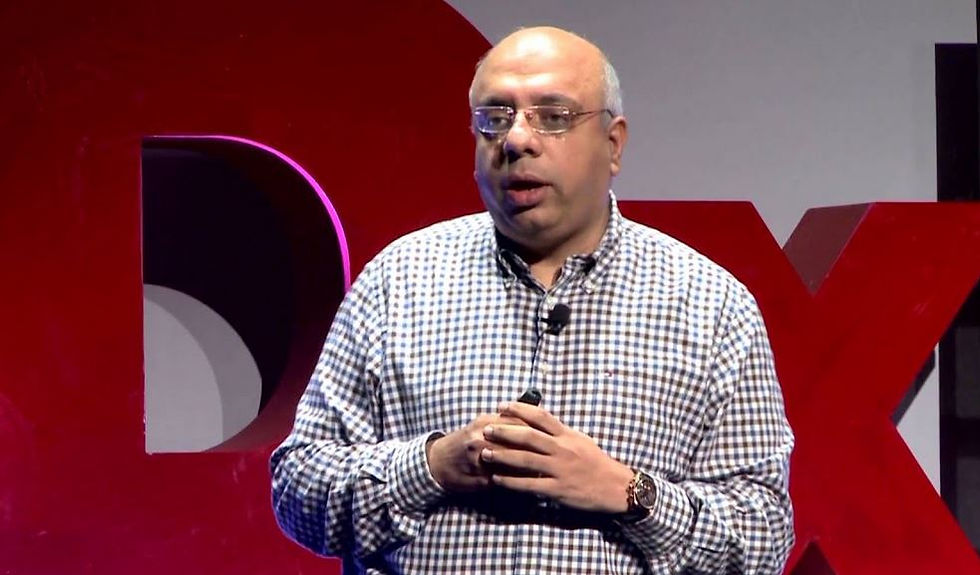Understanding Sethurathnam Ravi's Views on GST Arrest Limits
- zarasushmaa
- Jun 17, 2024
- 2 min read
In a recent discussion with industry leaders, including Tarun Nangia, former BSE Chairman Sethurathnam Ravi shared his insights on the government’s proposal to increase the GST arrest threshold from 2 crore to 3 crore rupees. This topic has sparked considerable interest among Indian businesses and taxpayers, highlighting the ongoing challenges within the regulatory framework.
The Proposed Threshold Increase: A Step Forward?
Ravi acknowledged the government’s move to raise the GST arrest threshold as a positive development aimed at reducing compliance burdens. However, he emphasized that this adjustment does not fully address the industry's initial request for a higher exemption ceiling of up to 5 crore rupees. The lower threshold still leaves many businesses vulnerable to the fear of arrest under GST laws, which can stifle economic activity and growth.

Balancing Act: Supporting Honest Taxpayers vs. Combating Fraud
A key point in Ravi's discussion was the need for the government to balance its support for honest taxpayers with its efforts to combat tax evasion through fraudulent invoicing. He noted that fraudulent activities have been a significant issue, and a robust framework is necessary to target malpractice effectively. However, this framework should not create unnecessary disruptions for businesses that comply with tax laws.
The Importance of Phased Implementation
Sethurathnam Ravi praised the government’s intent to decriminalize certain tax offenses but pointed out that the slow pace of reform has led to prolonged uncertainty among businesses. He suggested that alongside raising the threshold, the government should expedite the implementation of E-invoicing and other technological solutions to improve transparency and compliance.
Procedural Reforms: Ensuring Fair Treatment
One of Ravi’s main concerns is the impact of arbitrary tax notices on businesses. He proposed the introduction of pre-consultation mechanisms to allow taxpayers to present their perspectives and resolve potential disputes early. This approach could prevent unnecessary disruptions and financial repercussions for businesses. Additionally, Ravi recommended involving legal experts in the issuance of notices above a certain threshold to enhance fairness and credibility in tax enforcement actions.
Systemic Reforms for a Conducive Business Environment
In concluding his remarks, Sethurathnam Ravi reiterated the critical need for systemic reforms in tax administration. He argued that these reforms are essential to mitigate operational risks for businesses and create a more conducive environment for investment. His recommendations reflect a deep understanding of the challenges posed by the current tax regime and offer a roadmap for meaningful reforms.
Moving Forward: Collaborative Efforts for a Fair Tax System
As India continues its journey towards a more transparent and business-friendly tax environment, Sethurathnam Ravi’s insights serve as a valuable guide for policymakers and stakeholders. His balanced approach highlights the importance of supporting honest taxpayers while effectively combating fraud, ensuring that tax policies foster growth without creating undue hardships for businesses.
By addressing these issues collaboratively, India can develop a tax system that is both fair and efficient, promoting sustained economic development and prosperity.


Comments